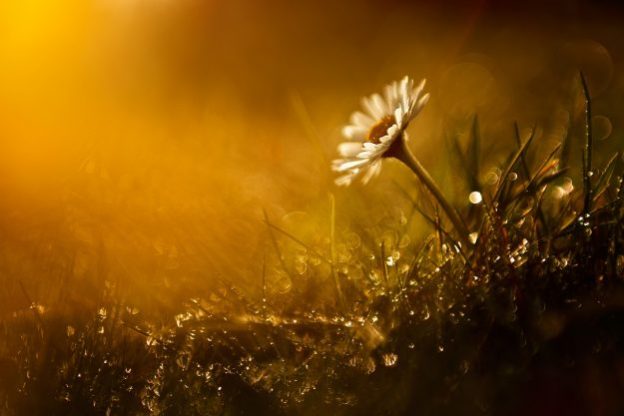Aphrodite is today best-known as the ‘goddess of love,’ but among the ancient Greeks she was also important in maritime religion, trade and travel.
.


Aphrodite is today best-known as the ‘goddess of love,’ but among the ancient Greeks she was also important in maritime religion, trade and travel.
.

Airmid, also known as Airmed or Airmeith, is the Celtic Goddess of the Healing Arts. She was a member of the Tuatha De Danaan, the most ancient race of deities in Ireland and just as they did, she had great magickal powers…
Image by Couleur on Pixabay.

At a time when we’re all staying at home and trying to find ways to make it interesting (provided we’re not ill), it might be worth taking a look at the hearth-goddess Hestia. She tends to be overlooked, and doesn’t have a lot of myths, but now is a good time for a reappraisal of this quiet but essential goddess.

Eir is a puzzling figure in Norse mythology. Snorri Sturluson, who set out to explain Norse mythology in his Prose Edda, explains Eir in two different ways in the two main books, Gylfaginning and Skaldskaparmal.

Originally the early Latin goddess of vegetation, a patroness of vineyards and gardens, Venus became deliberately associated with the Greek Goddess Aphrodite and assumed many of her aspects. The name of Venus then became interchangeable with Aphrodite as most of the tales of these two goddesses are identical. However, like every Roman gods with their Greek counterparts, there were differences. Venus arguably became more popular in ancient Rome, and became more ingrained in the city life. She took on the aspect of a gracious Mother Goddess full of pure love as well as assuming the divine responsibility for domestic bliss and procreation.

One thing that’s always puzzled me about the theory that Indo-European languages are a guide to the mythologies of the peoples who speak them is the reluctance to take up the question of Diana and other “Divine” goddesses. After all, if *Dyéus is the sky-father, are Diana, Divona, Dione and Divuša sky-mothers?

The goddess Litavis or Litavi presents us with a dilemma. If we follow the etymology, her name connects to the Hindu earth-goddess Prithivi, and means something like ‘the Vast One, the Broad One’. On the other hand, the Romans may have equated her to Bellona, the fierce companion of Mars.

The Austrian goddess Noreia, like the British goddess Brigantia, has always been dogged by the suspicion that she was a Roman invention rather than a native deity. They both share their name with a Roman province, and worshippers with Roman or Romanized names made offerings to them.

Although Hekate is frequently described in contemporary Pagan texts as a “Dark Goddess” literature and iconography has linked her, for nearly 3000 years, with light. Curiously however, claiming that Hekate is a Goddess of Light can sometimes awaken an almost irrational reaction from individuals who describe her as a Dark Mother, Goddess of the Underworld, Queen of Hell or even as a Goddess of Darkness. However, her most iconic images, even today, depict her with two torches aloft, illuminating the darkness!
Click here for the image at the top.

The goddesss Icovellauna’s cult extended across Gaul from Lorraine to the Rhineland-Palatinate in Germany, both in the valley of the Moselle river. We know her from six inscriptions, five from a holy well at Metz, and one from Trier.